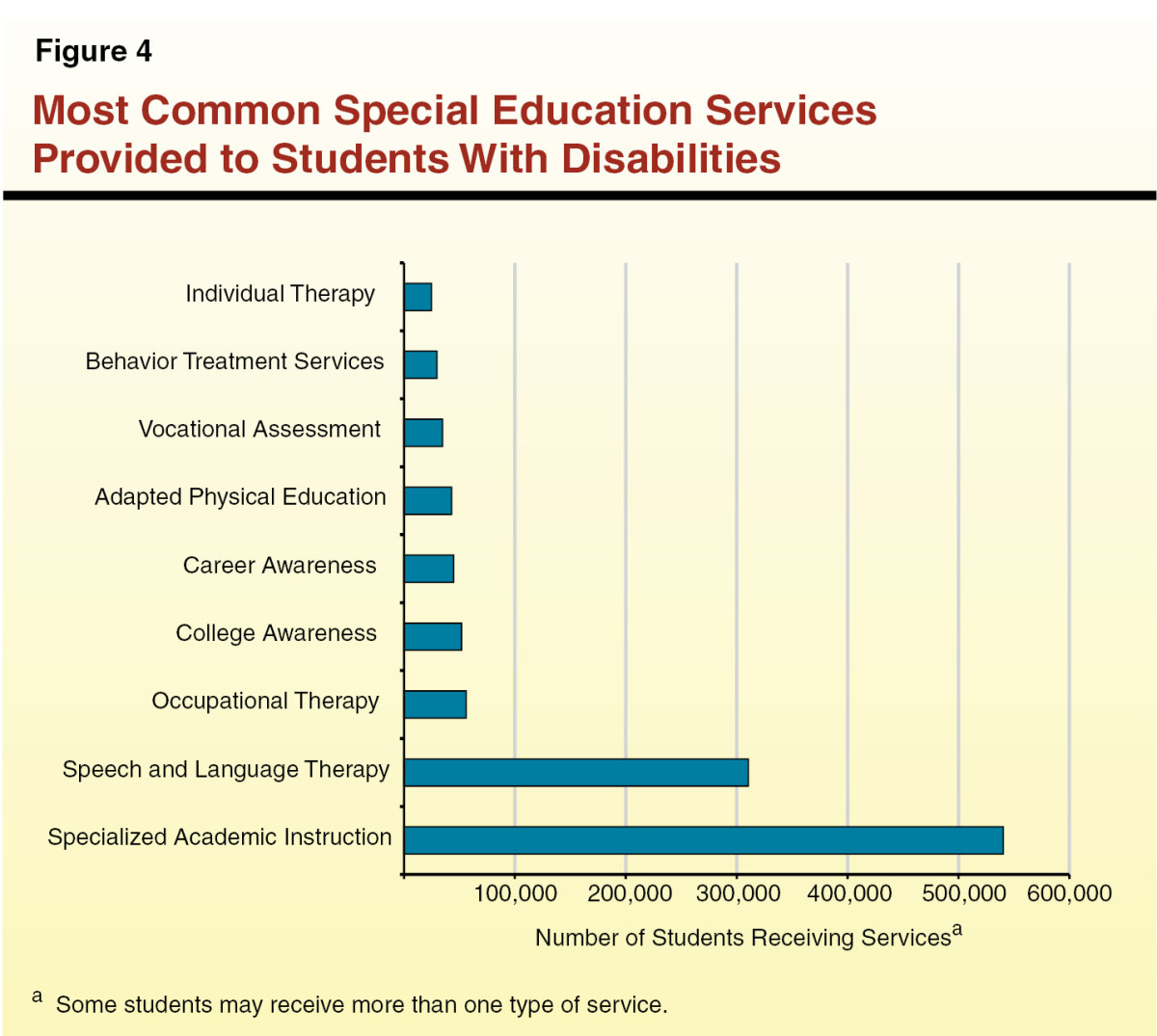THE PITFALLS OF WORKING WITH CHILDREN: SEVEN ANNOYING BEHAVIOR TYPES
Children's bad behavior types that one should watch out for
This is not intended to be a ranting diatribe against working with children, or against children in general.
Whether it is as a sports coach, an after school leader, a tutor, a summer camp counselor or as a school teacher, the "Kid Business", as I like to call it, is among the most rewarding and fulfilling professions a person can be involved in.
Watching a youngster's face light up with joy after acing a test, or giving you a high five after getting that game-winning hit (or even hitting the ball for the first time), is indeed something that makes it all worthwhile; serving as the reason why one chooses working with kids as a profession.
I know this is so because for over fifteen years, I was in the kid business. I taught physical education for nearly ten years, coached various sports at the youth level for almost 20, and also served as a tutor, an instructional aide, and an after school teacher.
While my experiences in this profession were satisfying in many ways, there were also plenty of experiences and pitfalls I have had that were not so nice; specifically pertaining to the negative behavior types that children at times display at school or on the playground.
These are the behavior types that annoy teachers, coaches, camp counselors, and recreation leaders to no end, oftentimes driving them away from the education, sports, and parks & recreation fields. These annoying types have often led one to get so fed up with the youngsters he or she is teaching, coaching, or supervising that disillusion sets in and the profession is abandoned.
I have personal firsthand knowledge of this, because it was the kids with these annoying behavior types that ultimately drove me out of the "Kid Business".
I have listed the seven types of behavior pitfalls among children that can drive a person crazy, frustrated, and fed up with the whole scene. Rest assured, if you are ever employed at a school, park, summer camp, or an after school program, you are guaranteed to encounter all of these types at some point:
1. THE WHINER
This is the type of child that particularly annoyed me over the years, the kind who's used to getting his way, gets extremely upset - sometimes to the point of tantrums - when he doesn't - and who is often (but not always) enabled by his parents who not only kowtow to his every whim and want, but who also whine and throw a hissy fit when they don't get their way, setting a bad example for their offspring.
A universal phrase used by this type when something happens or when told "no" is "That's Not Fair!" The epitome of spoiled selfishness, his bratty ways illustrate the fact that he often does not care about anyone in his group or class; like Veruca Salt in Willy Wonka and the Chocolate Factory, it's all about him and only him.
I've encountered plenty of kids like this over the years. I remember one little girl at a school where I worked - one day it took a co-worker of mine over 30 minutes to get her to leave the playground and go to the next activity because she didn't get her way over something.
From that day on, my opinion of that girl was quite low.
2. THE TATTLETALE
Like Cindy in that Brady Bunch episode, this type is a sand-in-your-shorts level of irritating.
More than anything else, these younsters are meddlers - they poke their noses in other kids' affairs and run to the teacher/coach/leader over minor, insignificant things that have nothing to do with them personally; even if the kids being told on are breaking the rules, they tend to not understand that unless it is something extreme like bullying, fighting, stealing, or jumping off a roof, what other kids do should not be a concern to them.
This is in contrast, of course, to going to an adult when somebody does something bad to them directly, like punch them or call them names or steal something from them. In cases like those, that's not tattling.
At the heart of the matter here is the tattler's need for attention. That's why these kids often stick their noses where they don't belong, causing the adult to want to tell them, "Mind your own business!"
Every school, particularly at the elementary level, has a group of this type. So consider yourself warned.
3. THE DEVIANT
This is the type of kid who constantly tries to get away with stuff; breaking rules, not listening or following directions, generally trying to see what they can get away with in the classroom or on the playground.
This type especially angered me because they usually lied to get out of things, such as denying that they had stolen something when it was clear that they had, or saying that no homework was given in their class when it really was and they just didn't want to do it; that was a common line that many youngsters used at another after school program where I worked.
What really led me to dislike these types of kids was the fact that they were dishonest and untrustworthy. And in my mind, there's nothing worse than a dishonest and untrustworthy child.
4. THE DEFIANT
This is the kind of child who is blatantly disrespectful and refuses to listen or obey any kind of directions from adults, often in a nasty way.
He - or she - is the kid who flat-out says "No!" or Make me!" when asked to do someting. Completing assignments, listening to teachers/coaches/recreation leaders and following rules is out of the question, a completely abstract concept. And his vocabulary is often of the four-letter kind.
I have had to work with plenty of defiant children over my years in schools and with sports teams. I would describe some examples, but these KWAs (Kids With Attitude) and their actions had such a traumatizing effect on me that I've worked hard to block specific incidents - and them - out of my mind.
The main motivation of the deviant is to undermine authority and to cause chaos. If the adult in charge does not nip the defiance in the bud and remove him (or her) from the group, control will be lost.
And keeping control is very essential in any group situation.
5. THE CLASS CLOWN
A classic pitfall, this type disrupts the group by doing and saying silly and stupid things to get attention.
Like the tattletale, the class clown is selfish at heart. He doesn't care about anybody else but himself deep down, and he shows by his antics that he doesn't want anyone else to learn or benefit from whatever the teacher or coach has to offer. By doing things like mimicking the teacher's movements and playing practical jokes, he wants to impress the other kids by showing how silly he can behave.
Some teachers and leaders are able to see the humor in it all and can take the jokester's stunts in stride.
I, however, couldn't stand class clowns. Never could. They always got on my last nerves and drove me nuts.
6. THE BACK TALKER
Related to the defiant and the whiner, the back talker is also an epitome of disrespect to authority, out there to make things miserable for teachers, or any other adult leaders.
These back talkers are also known as big mouths and smart mouths, arguing often and loudly and only behaving decently when they get their own way.
At an after school job I recently had, I had a bunch of big mouths and smart mouths infest my group of upper grade charges, mainly a group of about six 5th grade girls who were cancers to the class and the program.
They - especially the one who was the "queen bee" - always had to have the last word and would never shut up, challenging almost everything I said and every direction I gave. I got so angry, frustrated, and just plain sick and tired of them that by Valentine's Day I was gone from that gig.
And lastly (and I do mean lastly):
7. THE BULLY
Perhaps the most classic of classic pitfalls, making so-called "weaker" or "wimpy" kids' lives a miserable hell with their various stunts; mocking, stealing from, excluding, even beating up those who do not deserve it.
This is indeed a seriious pitfall - it was bullies who caused those two boys in Littleton, Colorado to shoot up their school and kill thirteen of their classmates in 1999, and it was bullying and exclusion that caused that young man at Virginia Tech University to kill 32 of his fellow Hokies last year.
Maybe, just maybe, if people were more considerate, more sensitive, and just plain nicer to those three guys, and even lent a friendly hand and stopped people from bullying them, those 45 young people would still be with us now.
I, personally, had an absolute zero tolerance for bullies at all of the schools I worked at. So much so that I obtained a reputation as someone that if you picked on another kid or belittled him or her in any way, especially if the kid was little or younger, God help you. For you would be dealt with severely.
Simply put, I hated bullies. I always have. And I always will.
These seven pitfalls of working with children - these annoying behavior types - could also be described as the seven cancers. Cancers that can make a teacher's or a coach's life unbearable and disillusioning, to the point where one wonders what they are doing there. That certainly happened to me.
Let this serve as a word of caution to all those who decide to pursue a career in the "Kid Business", whether it's in education, sports, recreation, or whatever:
While it is a rewarding and fulfilling profession, and while the vast majority of kids do not fall into these seven bad behavior types - I want to make that perfectly clear - these negative types, these pitfalls, these cancers, serve as thorns in that bed of roses.
Those who are prepared to deal with those pitfalls will thrive, survive, and last a long time in the classroom or gym or playground. Those who are not, won't.
I don't think I can make a point any clearer than that.





